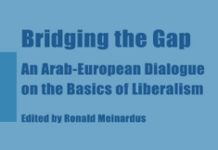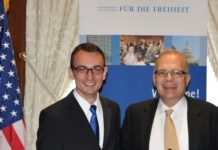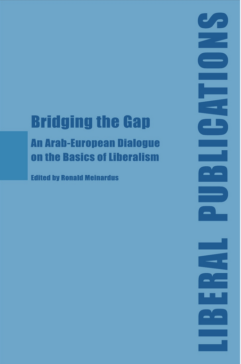Closed religious policy influences the religiosity of the individual and of society as a whole. Its proponents have precise idea about which religious and philosophical composition would be best for society. They exploit the state to regulate whether its citizens should be religious and which religious tradition they should follow. We find closed religious policy with very different groups: with those who noisily argue that Germany is a Christian country and any the less with secularists who want to ban religion from public life. The first discriminate against nonreligious and the adherents of religious minorities and the others discriminate against religious people. Both groups consider themselves to be completely different, but in fact they share one central feature: No concept of closed religious policy respects the religiosity of the individual or its freedom to live its life without constraints.
Open Religious Policy respects the religiosity of the individual. It abstains from proselytization as from secularization by the means of state. It does not resolve final issues and does not pretend truths. Open Religious Policy leaves the decision for and against religion to the individual. Today, which creed a citizen has – if at all – is less and less a mere product of tradition. Some consciously stick to their traditional creed. Others turn their back to their old creed and follow another faith or philosophy or live their lives consciously without any confession. An open state tolerates this diversity.
The state has to open for the lived creed of its citizens. Religion is a private matter, nonetheless has every citizen the right to contribute his religion or secular philosophy to the public life. By contrast under conditions of closed religious policy not every citizen can live his religion or philosophy in public. One example for that is the headscarf ban: Some federal states in Germany prohibit Muslim teachers to express her religiosity by wearing the hijab. Thereby the state makes them strangers in their own country.
A state that wants to be home for all citizens has to act in the opposite way: It must not dictate religious or philosophical symbols in public spaces. It must not decree crucifixes in schools, laws and administration. But it has to permit that civil servants express their individual creed, as long as their duties don’t suffer thereby.
The border between what should be allowed and what shouldn’t is not easy to determine. Conflicts and problems are bound to occur. But when we want to live peacefully in a religiously diverse society, we have to get ourselves into the otherness of the other. We have to get rid of the imagination, we could equalize all citizens of a country (and that that would be worth doing). We have to learn to be open for diversity.










